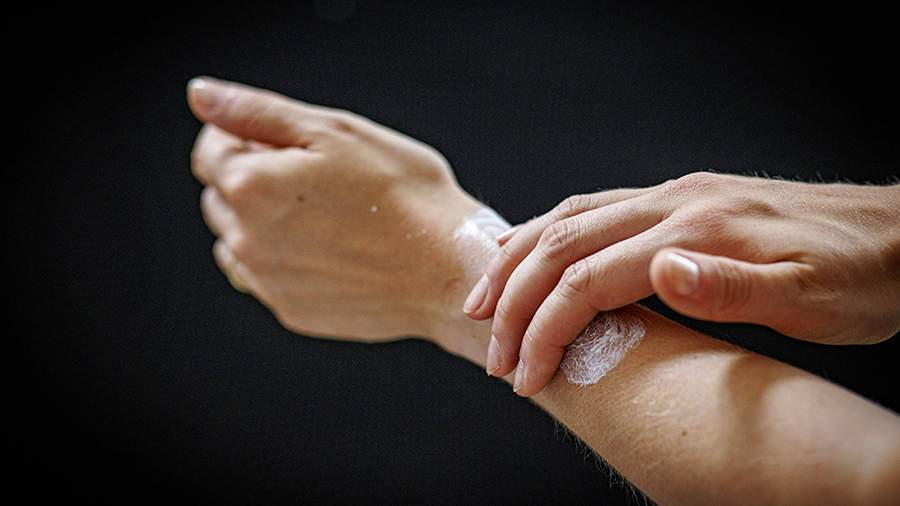The doctor told about the causes of bruises after an insect bite

Insect bite bruises are especially common in children due to the characteristics of their skin and immune system. This reaction is associated with damage to small vessels or with the development of allergies. On April 25, Yulia Radchik, a pediatric allergist and immunologist at JSC "Medicine" (Academician Roitberg Clinic), told Izvestia.
As the expert explained, mosquitoes, by injecting anticoagulants into the skin that prevent blood clotting, can cause small hemorrhages. People with sensitive skin and those who scratch bite sites are particularly susceptible to this.
"Horseflies are large insects with powerful jaws that can cause significantly more painful bites, as well as lead to more serious bruises," the allergist said.
According to her, unlike mosquitoes, horseflies mechanically damage the skin, which leads to rupture of capillaries and accumulation of blood under the skin, forming purple or blue spots. This makes their bites more traumatic, especially for children, who may be less careful in their behavior in nature.
Bedbugs and ticks can also cause bruising. If bedbugs provoke inflammation, which then transforms into a bruise, then the ticks, sucking on for several days, damage the blood vessels. Doctors are particularly concerned about ticks as carriers of dangerous infections such as Lyme disease and tick—borne encephalitis.
For prevention, the specialist recommends using repellents, wearing protective clothing and installing mosquito nets. If bruises appear, you should apply cold, take antihistamines and use anti-inflammatory drugs.
The doctor warned: if the bruises do not go away for a long time or are accompanied by pain, fever, purulent discharge, it is necessary to urgently consult a doctor. This is especially true in cases of tick bites and severe reactions in children.
The expert recalled that knowledge of the rules of first aid and preventive measures will help to avoid serious consequences from insect bites in the summer.
Earlier, on March 25, Vladimir Neronov, MD, an infectious disease specialist at JSC "Medicine" (Academician Roitberg Clinic), told Izvestia about the dangerous consequences of tick-borne encephalitis. The doctor explained that tick-borne encephalitis is transmitted through tick bites. Its consequences can be serious — from damage to the nervous system to disability and even death. According to him, vaccination helps to develop immunity to the virus. Vaccinations contain inactive or weakened virus particles that cannot cause illness, but stimulate the immune system to produce protective antibodies.
Переведено сервисом «Яндекс Переводчик»

